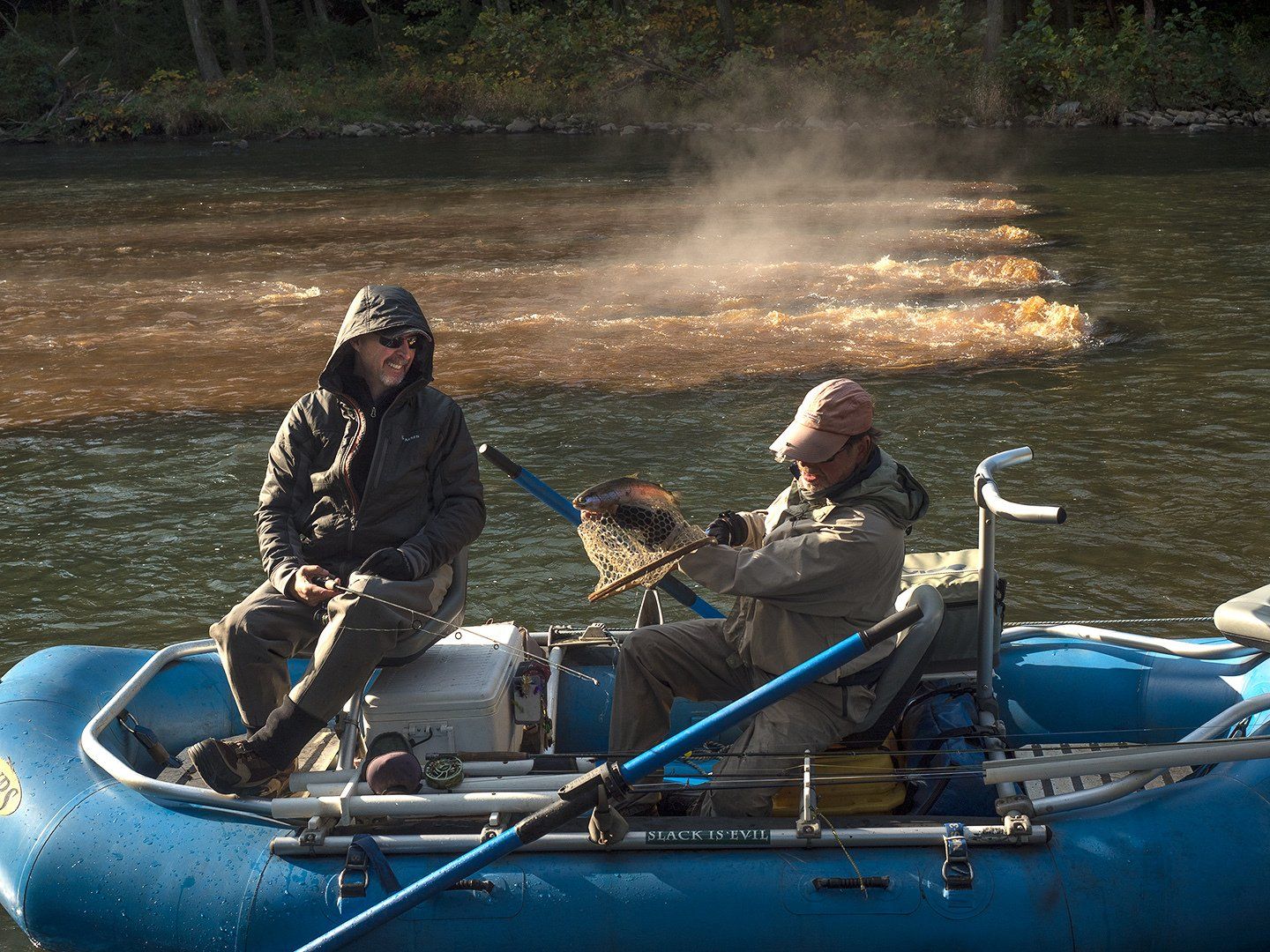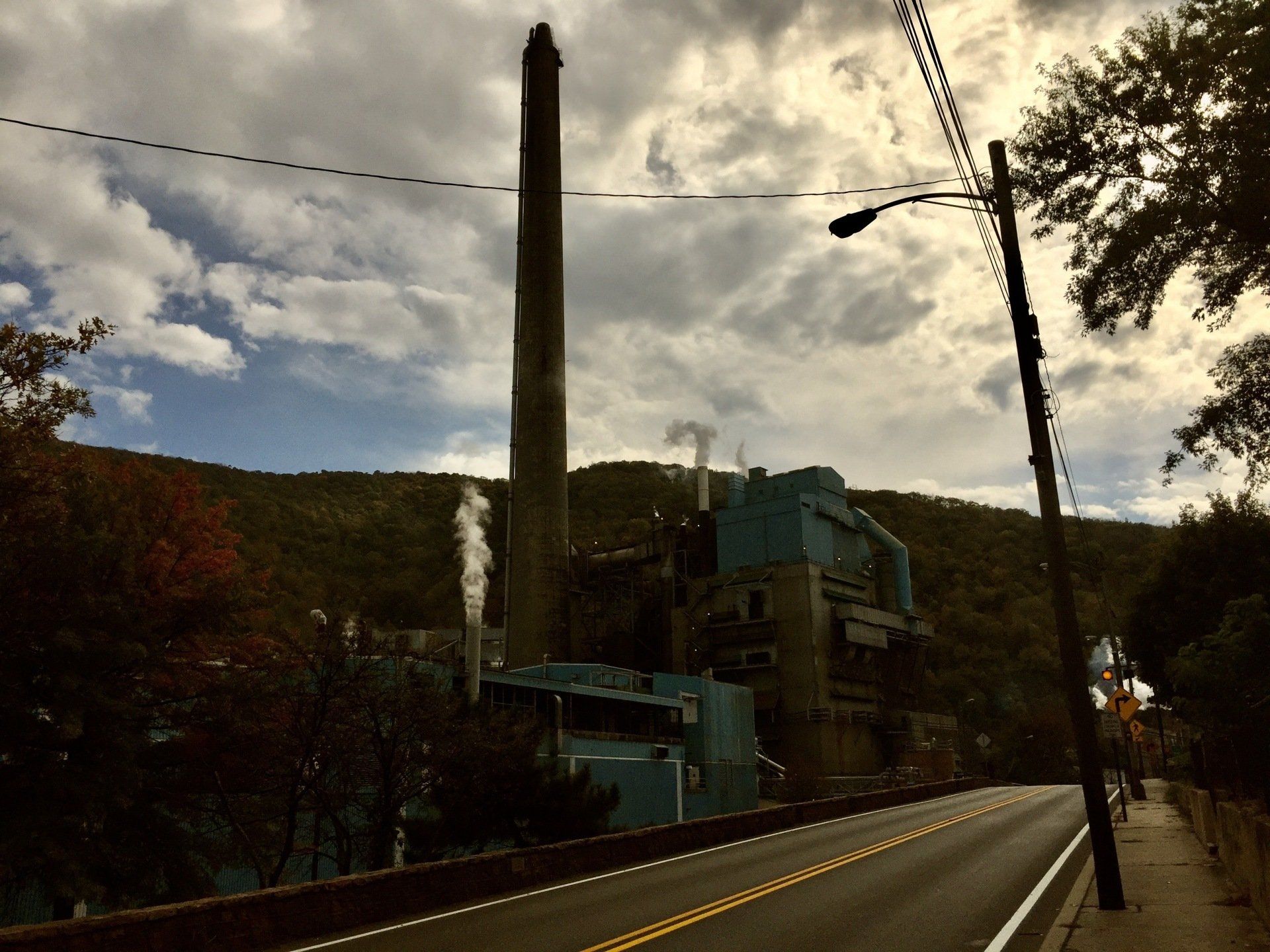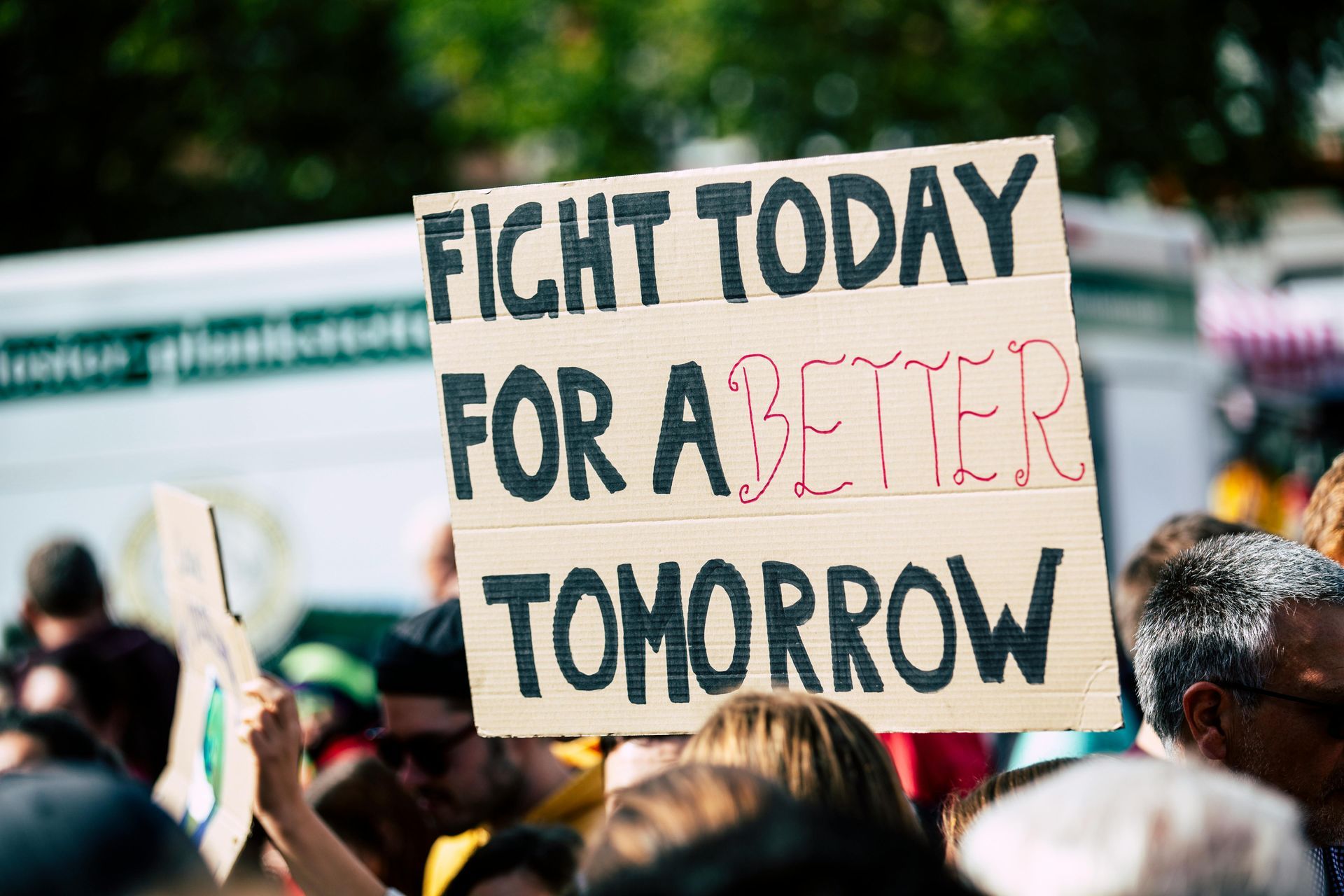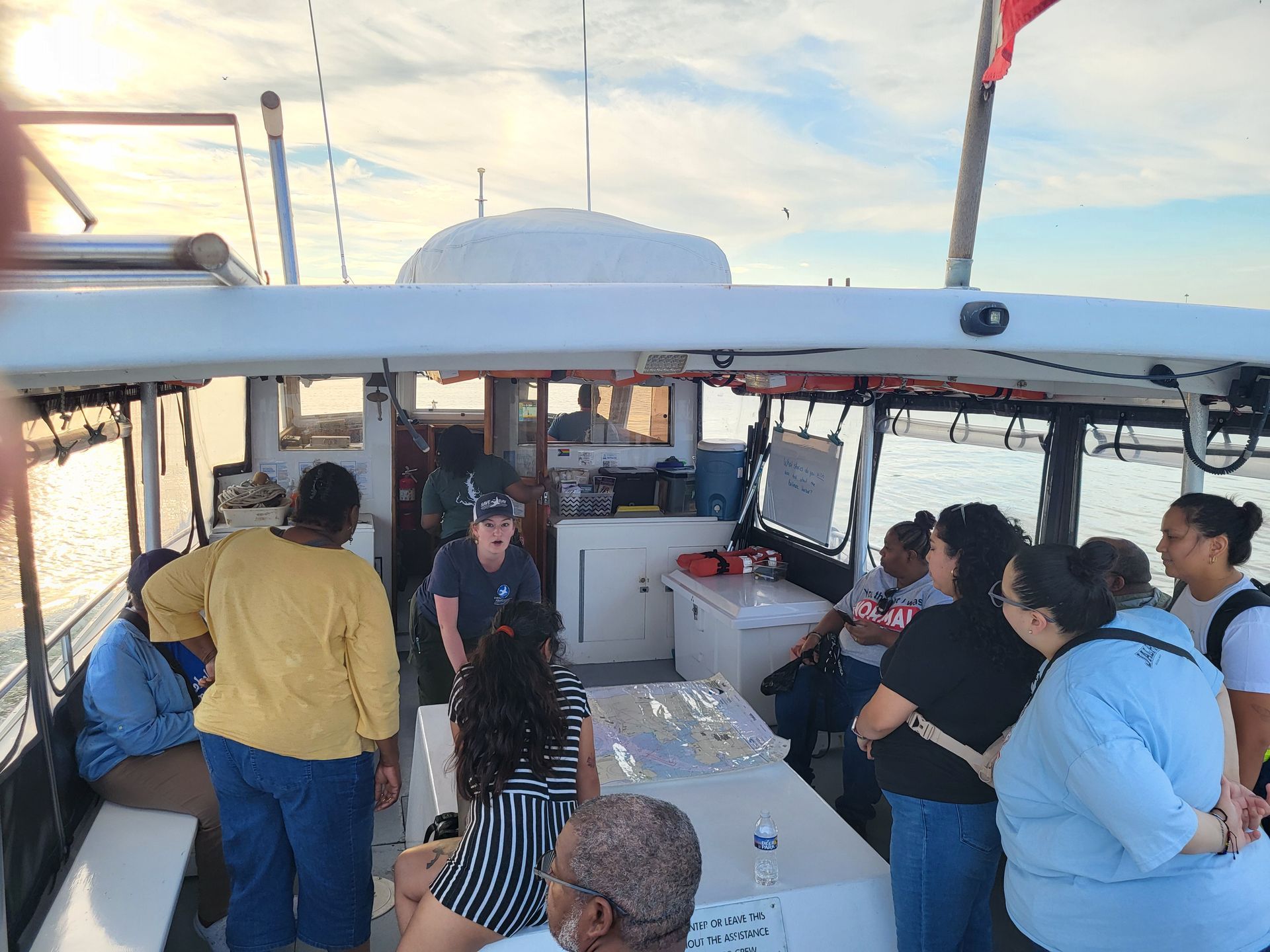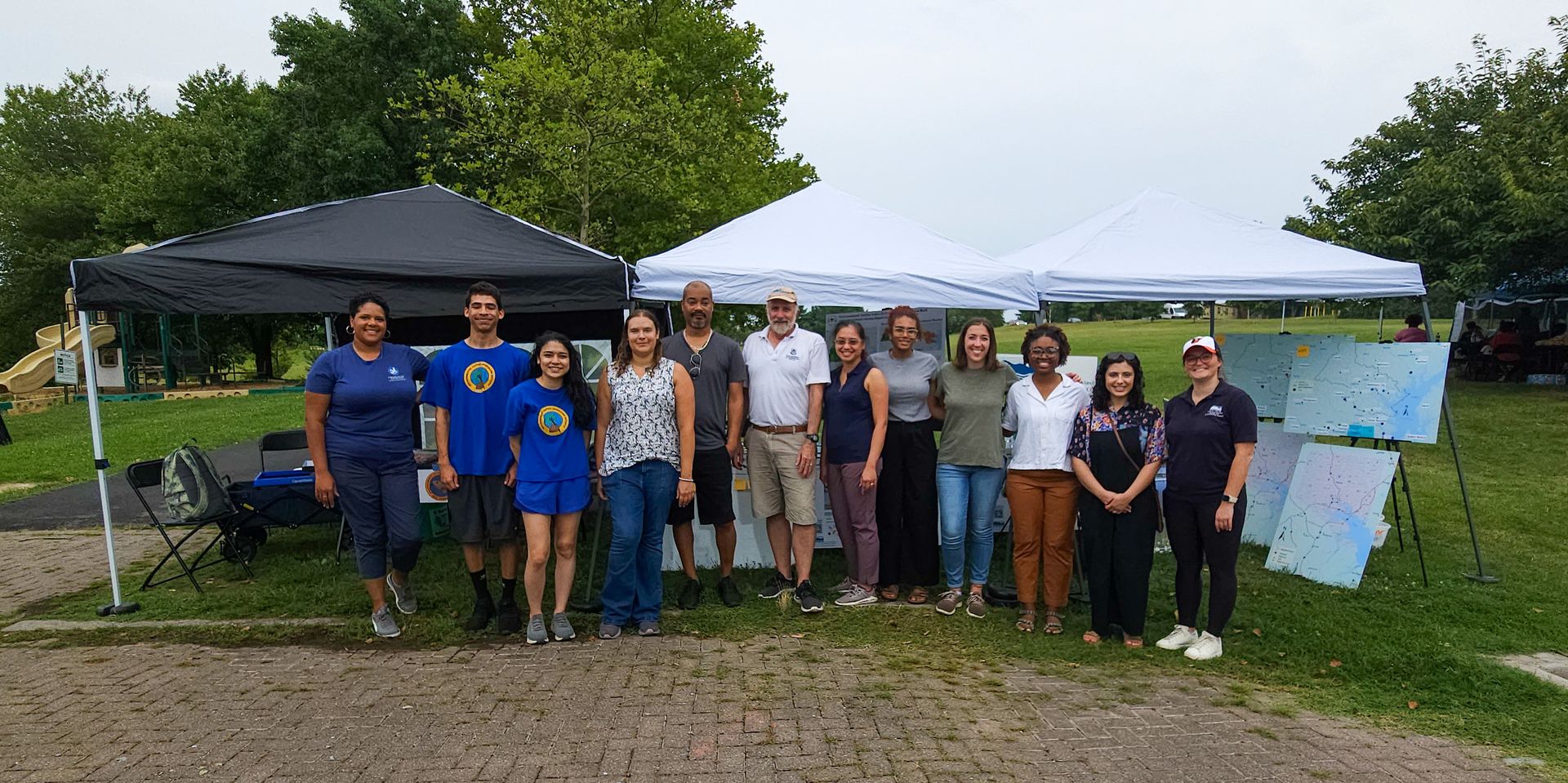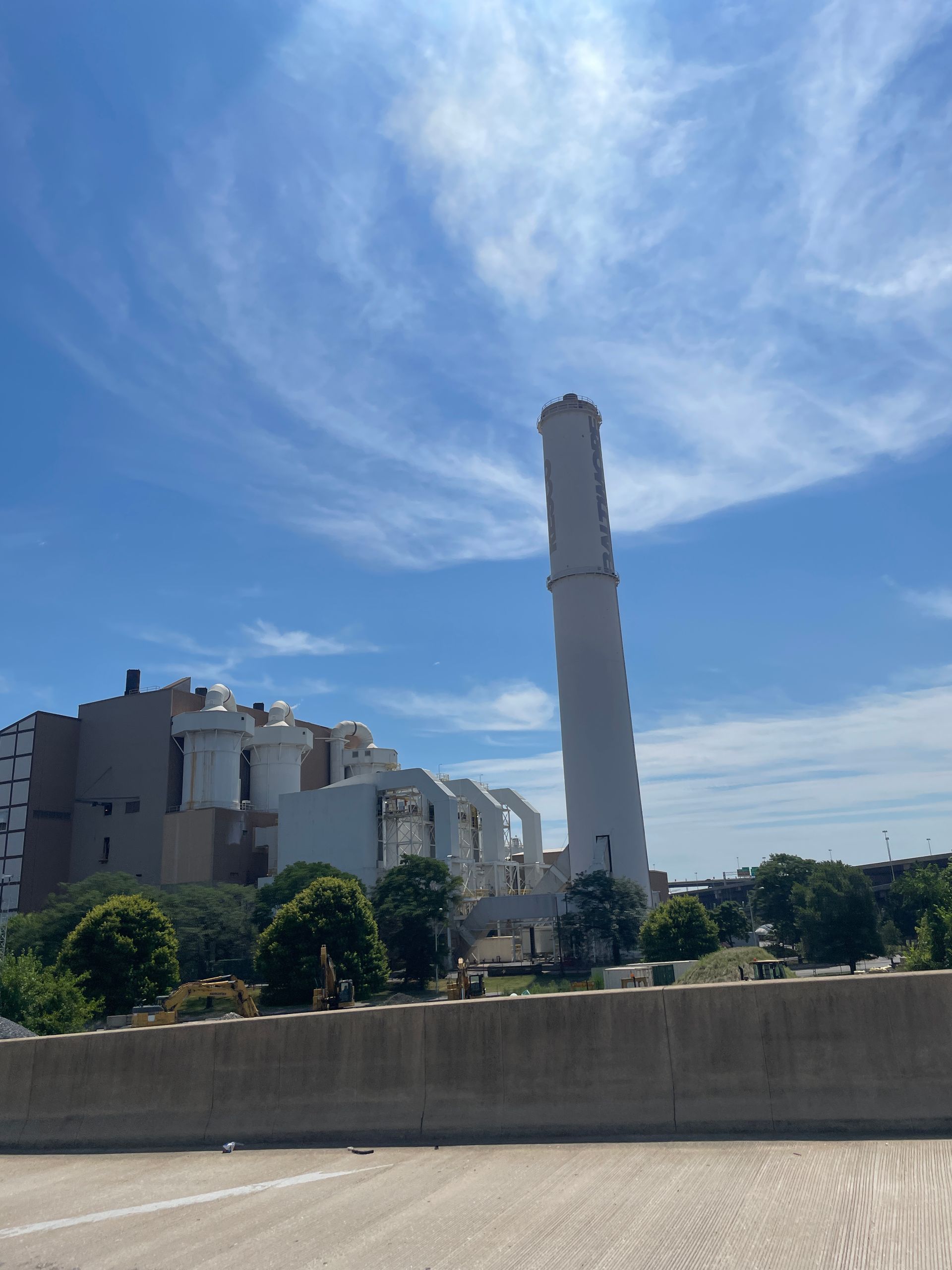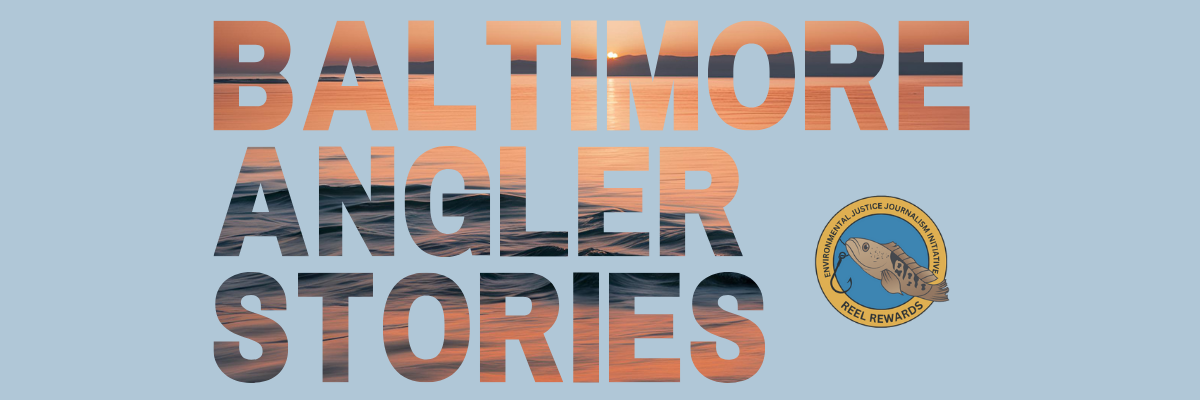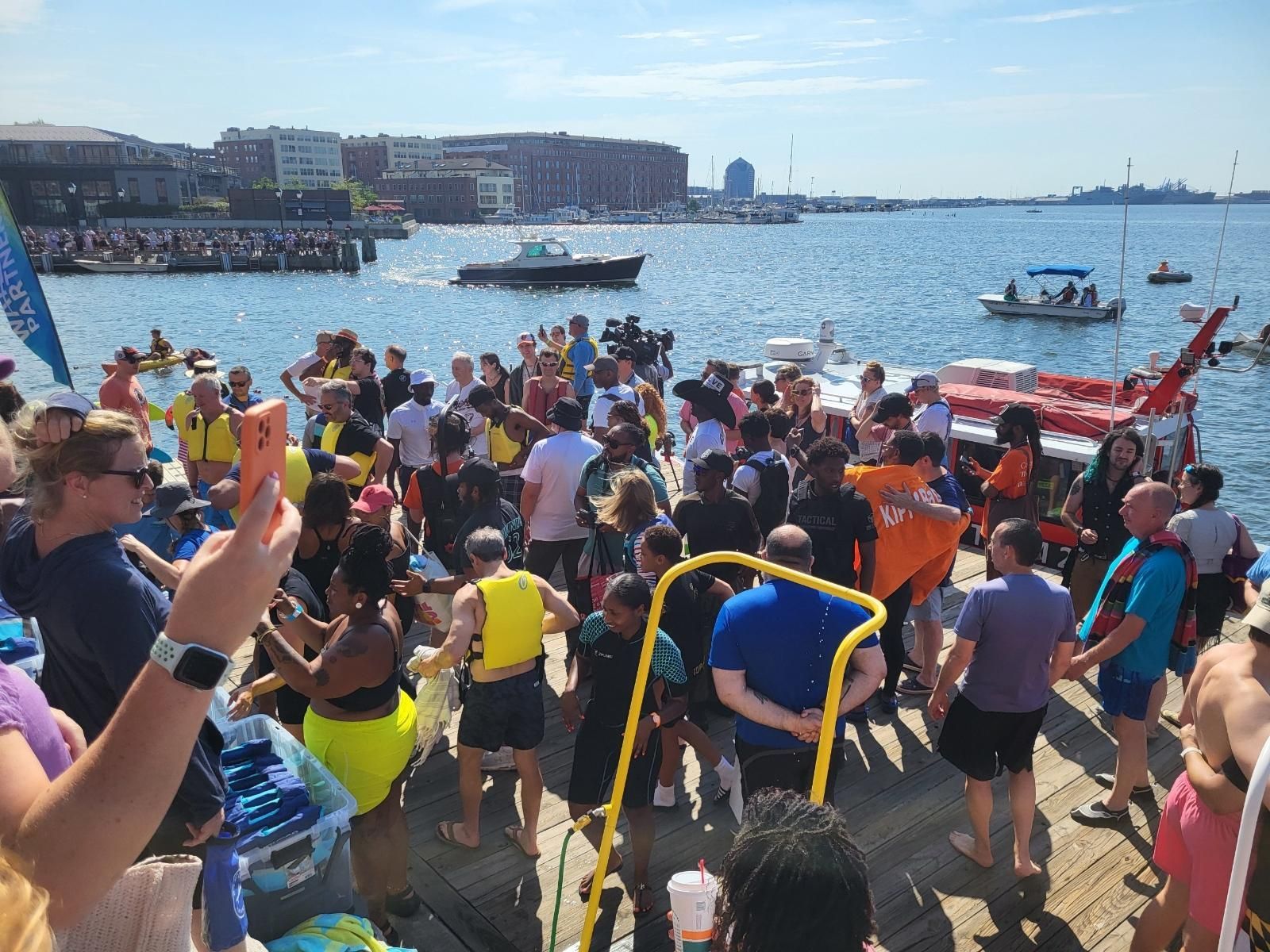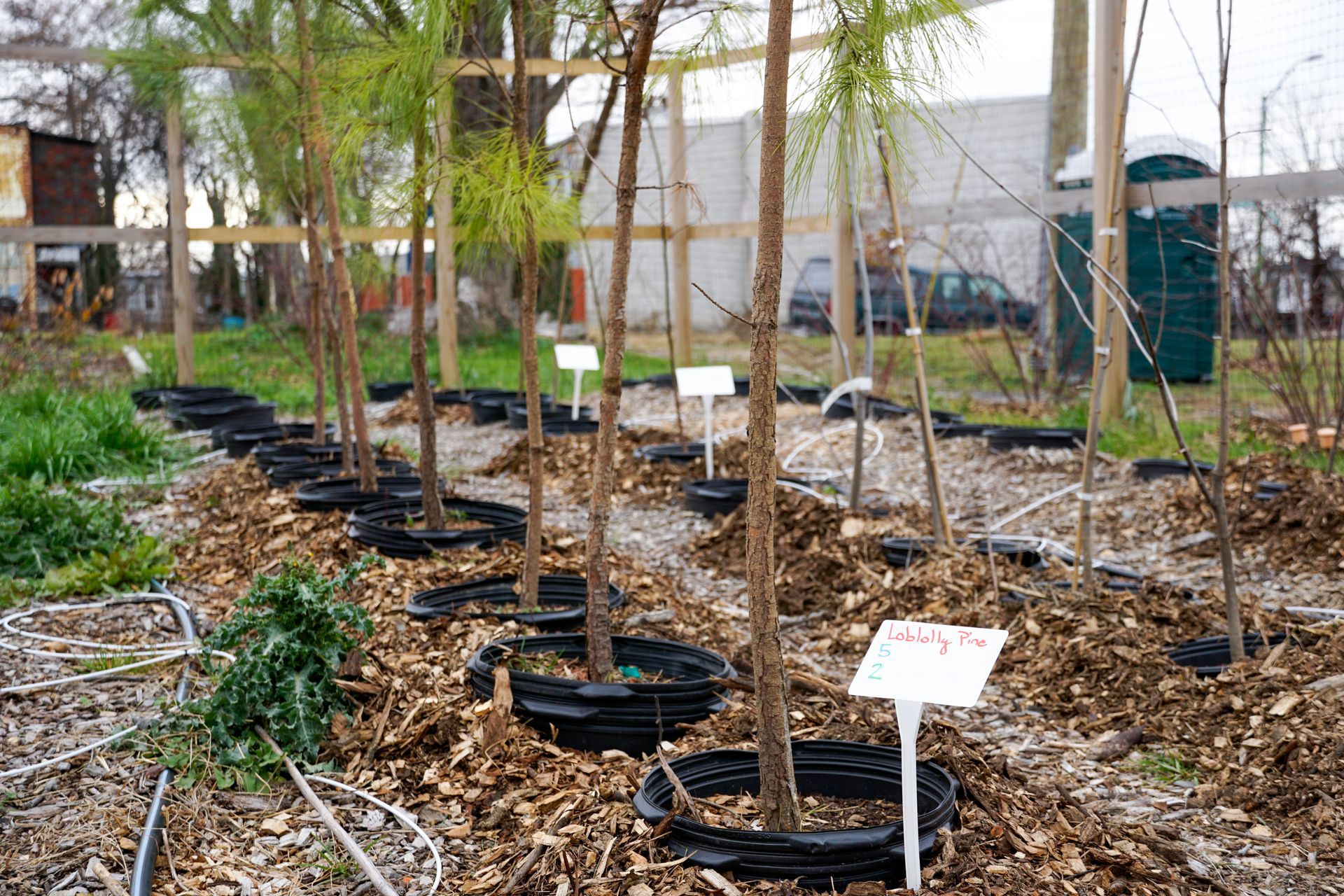The Clean Water Act's 50th Anniversary Disappoints
The Clean Water Act's 50th Anniversary Disappoints
By Rona Kobell
Today’s birthday song for the Clean Water Act’s 50th was more of a dirge, with nine environmental leaders lamenting the law credited with cleaning up rivers that were on fire had lost some of its own firepower.
“It’s just not working. These voluntary programs are not cutting it,” said Eric Schaeffer, the former civil enforcement director at the Environmental Protection Agency who now runs his own watchdog nonprofit, the Environmental Integrity Project. “We need enforceable limits, and we need them enforced. Until we get that, we’ll be back here in 50 years, bemoaning the failures.”
At issue, Schaeffer and others say, are standards that the federal government has not updated since the Disco era, and do not consider accelerating precipitation and flooding rates due to climate change or the influx of new people into watersheds, stressing the stormwater and sewage systems. And early on, the Clean Water Act became a victim of its own perceived strength; Congress weakened it so it would not regulate crop farms and small dairies, and would only regulate large-scale animal feeding operations. That has meant that manure can leave a chicken house, where it is regulated, and be spread on a corn field, where it is not.
Agriculture has long been the biggest source of pollution in the Chesapeake Bay, delivering 42 percent of the nitrogen, 55 percent of the phosphorus, and 60 percent of the sediment. This pollution enters the Chesapeake from six states and the District of Columbia, though much of it comes from Pennsylvania and its large collection of small farms and dairies.
“We do not have the tools we need under the federal clean water act to regulate agriculture.
But we could do a whole lot more than we are doing right now,” said Betsy Nicholas, Executive Director of Waterkeepers Chesapeake, a network of riverkeeper groups that patrol regional waterways. She argued that Maryland and other states could ramp up inspections, institute painful financial fines, and regulate the ammonia in air coming off poultry operations. Those emissions often harm Black and lower-income communities, who then suffer health consequences with higher rates of asthma, emphysema, and related ailments.
Lack of enforcement under the Hogan Administration in Maryland is a major reason clean water improvements have stalled, said Attorney General Brian Frosh. He is retiring this year, but for the past eight years, he said, inspections from the Maryland Department of the Environment have declined by half, and 40 percent of MDE’s staff positions remain vacant. The situation reached a crisis when Baltimore’s sewage treatment plants were failing so badly that a state agency had to take them over. Many environmentalists, including the NAACP’s Linda Batts, called out the state and the federal government for letting poor and Black communities, including Baltimore, bear the brunt of the environmental consequences.
MDE’s longtime leader, Ben Grumbles, was called before the legislature to account for the lack of inspectors, which he blamed on COVID-related retirements and an aging workforce as well as a lack of funds. The legislature passed a provision to ensure funding is there to hire future inspectors. In another instance of a lack of enforcement, a rendering plant on the Eastern Shore was allowed to operate under a 2006 discharge permit, with no inspections and no penalties for pollution violations. Because of public pressure and a lawsuit, the plant finally closed. But David Reed, who leads the Chesapeake Legal Alliance – “lawyers for the Bay” – and helped bring about the lawsuit, said regulators must not wait for citizens to take action. They need to use the tools in the act to do their jobs.
“There are hundreds, thousands of Valley Proteins, of Back Rivers. What’s needed is more enforcement,” Reed said. “The department knows what it needs to do but it has not done it.”
